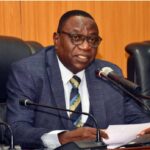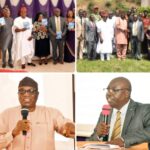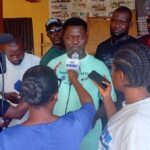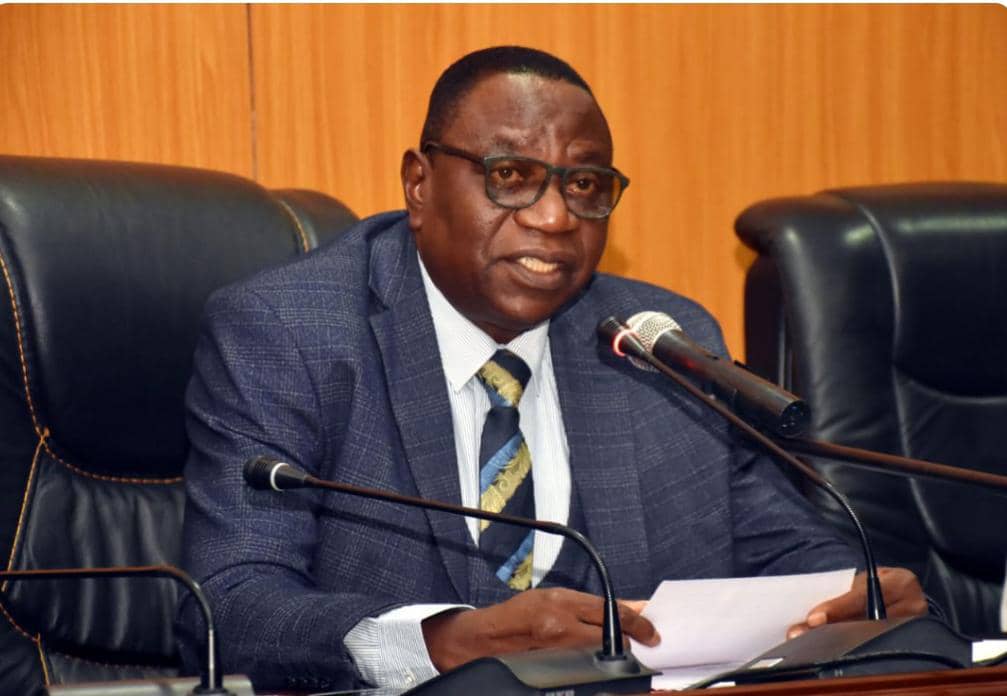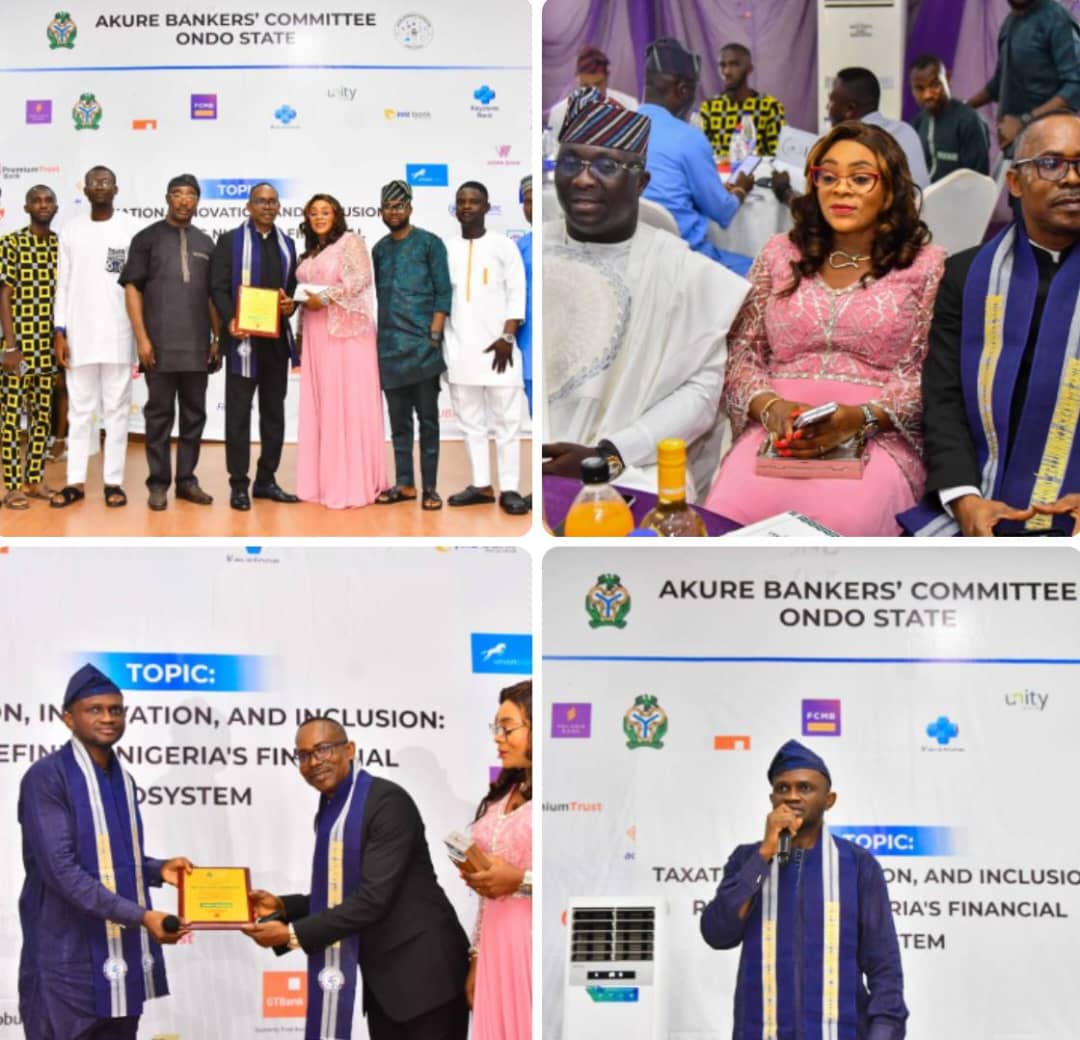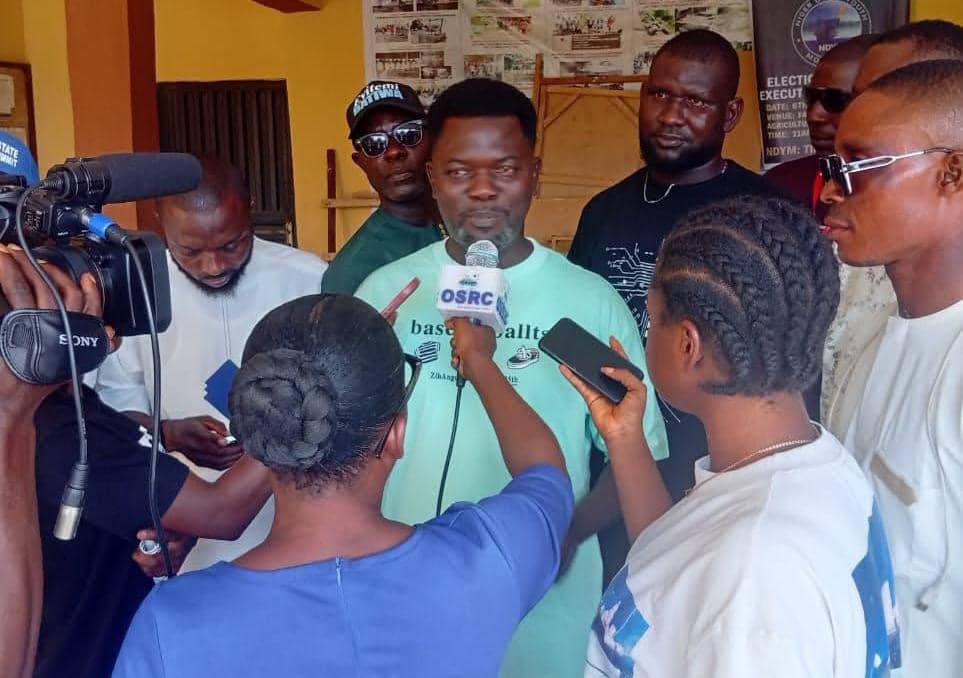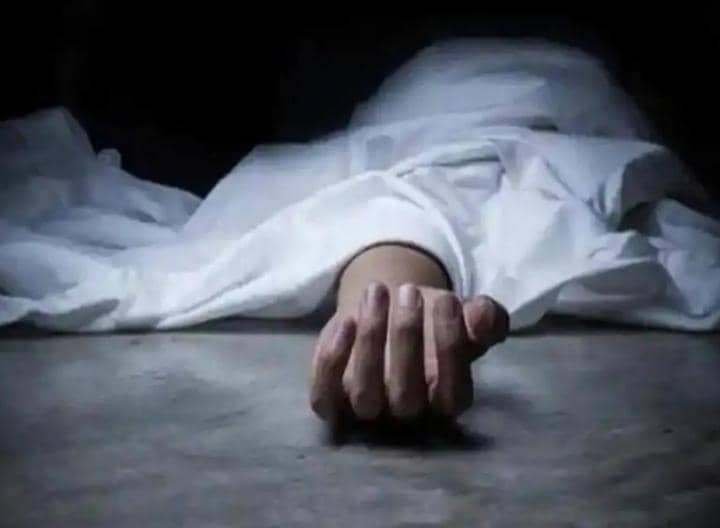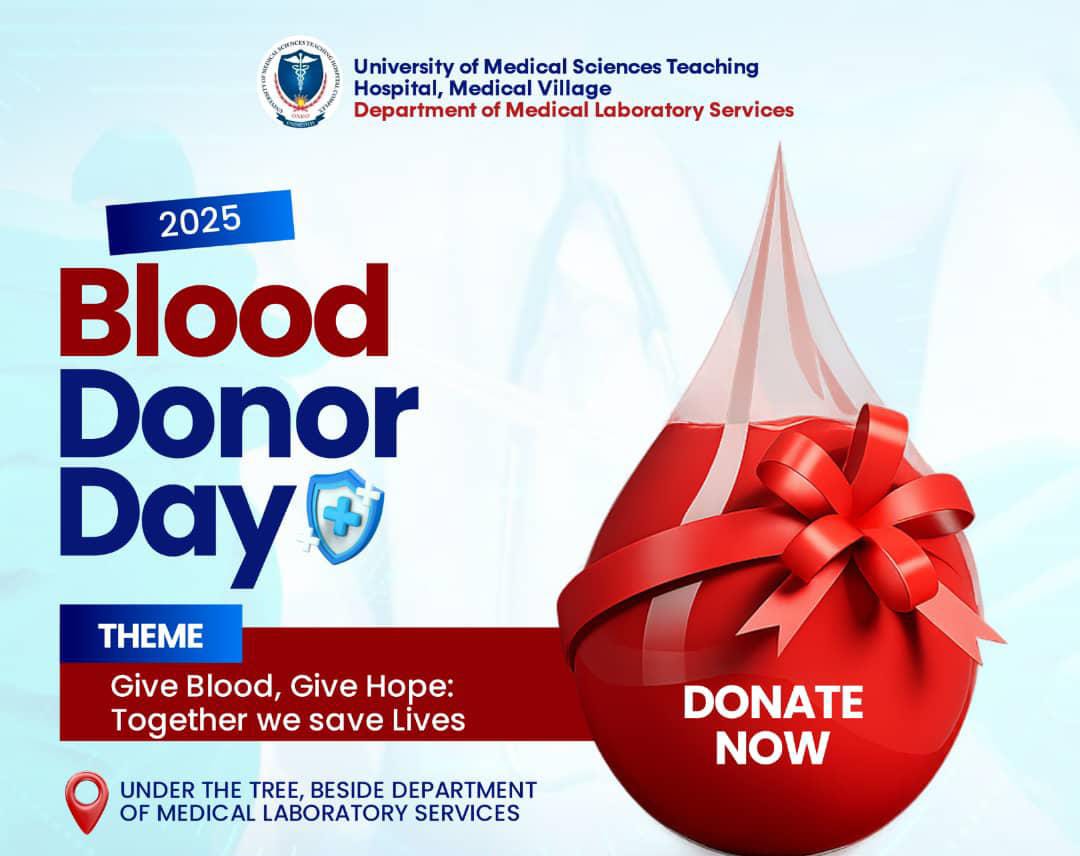
WORLD BLOOD DONOR DAY: UNIMED TEACHING HOSPITAL RAISES ALARM OVER LOW VOLUNTARY DONATIONS IN NIGERIA
As Nigeria joins the global community to mark World Blood Donor Day 2025, the University of Medical Sciences Teaching Hospital (UNIMEDTH), Ondo, has raised serious concerns over the persistently low rate of voluntary blood donations in the country.
Speaking during the celebration held in Ondo, the Chief Medical Director (CMD) of UNIMEDTH, Dr. Michael Gbala — represented by the Director of Laboratory Services, Mr. Michael Fagite — emphasized the urgent need for Nigerians to embrace voluntary, unpaid blood donation as a life-saving civic responsibility.
According to Dr. Gbala, Nigeria requires between 1.8 to 2 million units of blood annually, but collects only about 500,000 units, a mere 25–30% of national demand. This shortfall, he warned, contributes to avoidable deaths and poor health outcomes, particularly in emergency care, maternal health, and the treatment of conditions like anemia and sickle cell disease.
“People should not wait for disasters or emergencies before donating blood,” Fagite said. “Blood donation is one of the ways to save lives. It can be done voluntarily, through relatives, autotransfusion, or through the National Blood Service Agency (NBSA).”
Findings reveal that in Ondo State and across Nigeria, voluntary donations remain critically low, with commercial and family replacement donors making up the majority — despite concerns about the safety and sustainability of such sources.
The CMD further cited several challenges impeding voluntary donation, including low public awareness, cultural and religious misconceptions, poor infrastructure in rural areas, inadequate funding, and the lack of prioritization in national health planning.
In response, UNIMEDTH is intensifying advocacy through public campaigns, collaboration with youth and religious groups, and expansion of blood collection infrastructure.
Also speaking, Mrs. Daomi Victoria, the event coordinator, described the situation as dire, noting that the lack of voluntary donors has led to preventable deaths and prolonged suffering, especially among accident victims, postpartum women, and patients with hematological disorders.
“We need a cultural shift toward seeing voluntary blood donation as a civic duty,” she said.
Highlighting community efforts, Abdulsalam Abdulfadri, Ondo District Head of the Ahmadiyya Muslim Youth Organization, shared that the group has been a consistent donor during World Blood Donor Day.
“As Muslims, we are taught to value human life. You don’t have to be wealthy to help others—donating blood is one way to do so,” he said.
Another donor, Joel Dauda, who gives blood regularly without expecting anything in return, reflected on his motivation:
“A healthy person wants many things, but a sick person just wants to live. If I can help someone live by donating blood, then it’s worth it.”
World Blood Donor Day, marked every June 14, serves as a reminder of the importance of regular, voluntary, and safe blood donation in ensuring universal access to blood when needed.
Oluwatope Akinjide
Head, Media and Publicity
UNIMED Teaching Hospital
16th June, 2025

